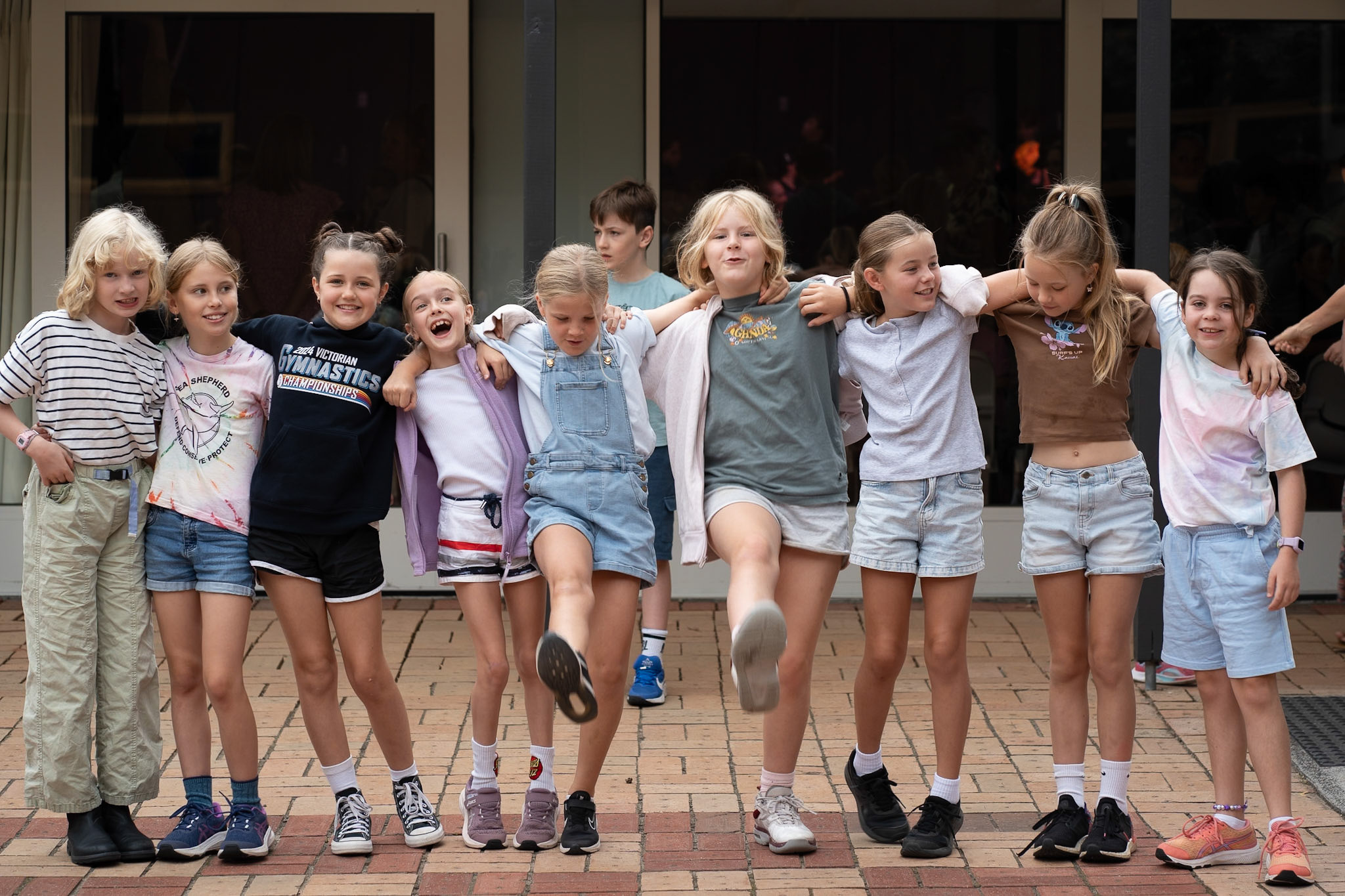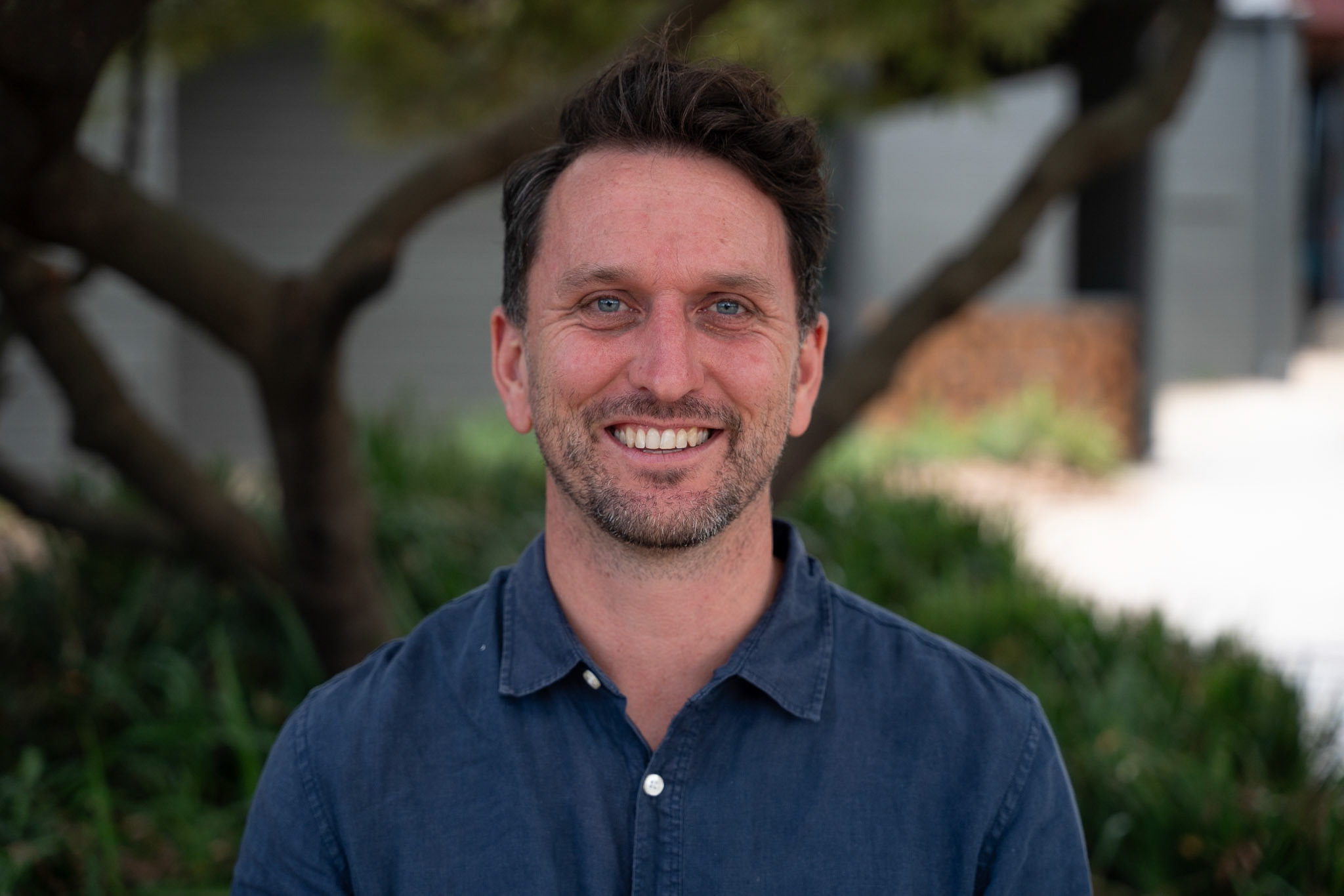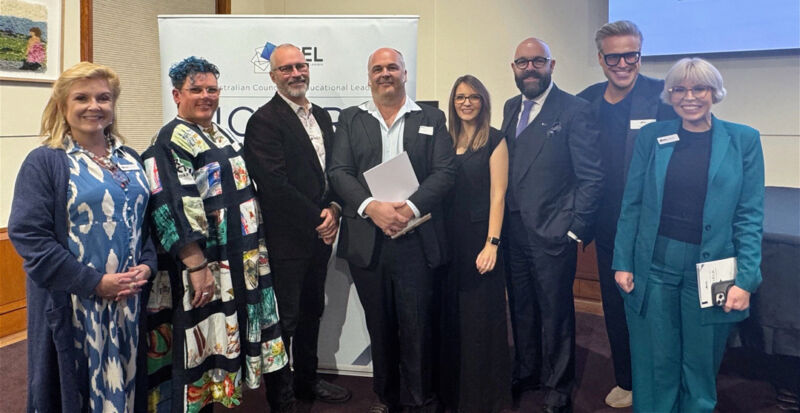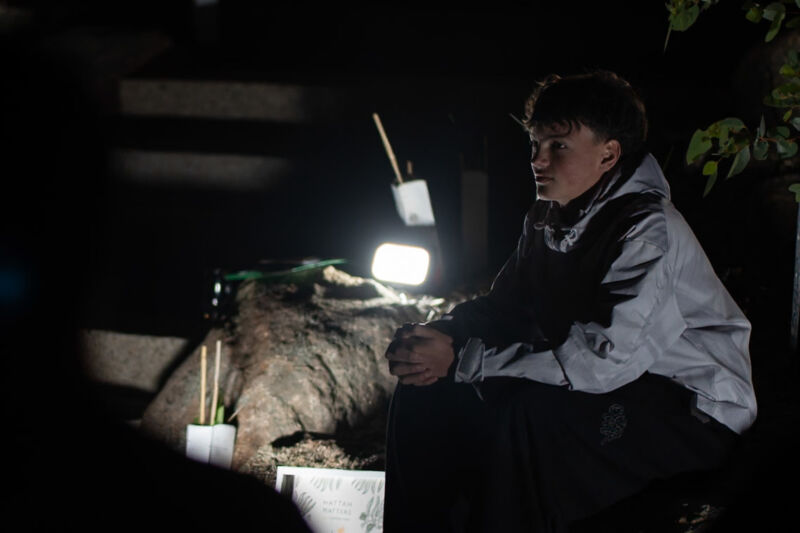
From Overwhelm to Empowerment

Rosie* was the kind of child who made teaching feel easy. She learnt quickly, thought deeply, loved coming to school and filled our classroom with laughter. Her curiosity was expansive - she joined the nature club, marched in climate protests with her family and devoured information about what was happening in the world.
But by Year 4, Rosie had stopped coming to school.
Why? In her very young life, Rosie had absorbed a huge amount of information about the climate crisis. What seemed like a strength - her thirst for knowledge - had a delayed side effect: despair. Her understanding of what was happening to the planet was vast, but she didn’t yet have the how or why to help her make sense of it. Without the capacity to hold meaning, choose a response or see herself as part of something larger, all she could see was a future that felt hopeless.
Her story still leaves me with a question I carry today: How do we help children understand the world without it leading to despair?
During my Compassionate Systems Master Practitioner training, Peter Senge - MIT lecturer and a leading voice in systems thinking - offered a definition of complexity that has stayed with me.
“One way to define complexity is that the effects are delayed in time.”
Today’s children are not only grappling with climate change but with a widening web of complex challenges, from global conflict and economic inequality to the rapid rise of artificial intelligence.
How do we help children understand the world without it leading to despair?
In the case of AI, the speed of change is astonishing, and it brings with it both promise and peril. It also gives us a real-time view of Senge’s insight: the effects of complexity may not be immediately visible, but they are profound.
Recently, our Year 6 students debated AI’s role in the classroom with striking nuance:
• Yes! It’s our future - we need to understand it.
• Yes! It can save time and open new ways of thinking.
• But also, yes! It’s dangerous. We need to think and create at a human pace.
These students weren’t just talking about AI. They were talking about agency.
And this is the heart of the matter.
In an age of complexity, agency is not simply about voice, choice or independence. It is the capacity to choose how one shows up in the world - a choice that must be grounded in awareness of the current reality and held in tension with a collective preferred vision of the future.
To develop this kind of agency, children need more than information or skills. They need:
• Deep emotional literacy, so they can name, hold and respond to their internal experience.
• Relational capacity, so they can engage compassionately and authentically with others.
• Systems thinking, so they can see patterns, perspectives, and interconnections in the world around them.
Together, these build a child’s ability to act with intention and coherence in uncertain times.
We must teach children to pause and ask how and why, not just what. To slow down and recognise that information is not meaning, and speed is not wisdom. To connect the dots and engage emotionally, ethically and systemically was a way forward for Rosie to see beyond her despair.
Because knowledge is power - but knowledge alone is not enough. In the end, what Rosie needed most was not just information that overwhelmed her, but meaning, a capacity to make choices and the belief that her presence, and her actions, matter.
*Rosie is not her real name

Come and see what all the fuss is about.
You're just a couple of clicks away from registering for a campus tour or an enrolment information evening...

Share this article
Keep reading
More articles from Woodleigh School


Director of Learning - Primary Years
Joyful ones. At Woodleigh, learning is a dynamic, values-driven process. Guided by the IB Learner Profile, students cultivate curiosity, empathy and agency. More than just students, Woodleigh learners are thoughtful contributors to a complex and evolving world.
Continue Reading

Director of Community Relations
Dr Richard Owens honoured as Woodleigh's second recipient of the ACEL Hedley Beare Educator of the Year Award
Continue Reading

Principal
And what does it mean for Woodleigh students? Regenerative learning at Woodleigh goes beyond sustainability. Through the Regenerative Futures Program, Year 10 students engage in deep, purposeful learning. Inspired by global thought leaders, this approach offers students a hopeful, actionable path forward, empowering them to become contributors to a flourishing future built on possibility and renewal.
Continue Reading